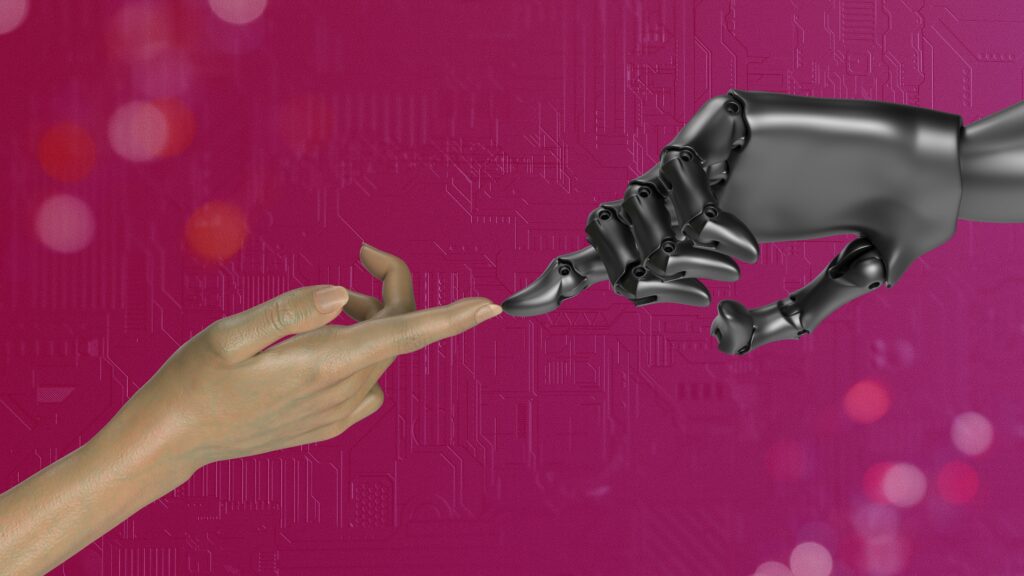AI careers: With the New Year expected to see many of us reassess our careers, it’s worth looking at the roles in the tech world. According to a study by The Global Recruiter, 13 per cent of people intend to move to a new job in 2025. The AI revolution has reshaped and created thousands of opportunities for job seekers everywhere, many of which are well-paid and high-tech. It has transformed roles across most industries, with many workers upskilling to work alongside bots and automating the more taxing aspects of existing job descriptions.
According to a study by McKinsey Global Institute, AI could contribute to the creation of 20 to 50 million new jobs globally by 2030. That same piece of research also revealed that Generative AI has the potential to increase US labour productivity by 0.9 percentage points. With the future of work remaining a hot topic at most tech conferences in 2024, we examine some of the exciting career opportunities Artificial Intelligence has generated so far.
AI product manager
This role entails developing and launching products with AI. Leading teams, meeting milestones, and scheduling remain core components of the AI product manager’s role. However, it is a bit more technical than you would think. AI product managers need to know how an AI application is made, from hardware to data sets and algorithms. Safe to say, it’s no walk in the park.
AI ethics officer
The ethical use of data has become of enormous concern and is set to become an even bigger one in 2025. An AI ethics officer ensures the responsible deployment and development of artificial intelligence across organisations. They also help to put together guidelines and policies for projects with reviews of findings. To work as one, people need to have effective communication skills, a good knowledge base of AI frameworks and regulations and strong critical thinking processes.
Big data engineer
Big data engineers are professionals who maintain, develop, test and evaluate a company’s larger data processes. They tend to play around with big data and shape it so they can use it for the organisation’s benefit and growth. The role is similar to that of a data engineer, only with AI added to the mix. Computer programming and data mining are just two of many in-demand skills required for the role.
Cybersecurity analyst with AI expertise
Cybersecurity is one of the most significant areas of innovation over the past two years. Data Protection Officers have incorporated AI into their roles within intrusion detection. In addition, threat actors are also now using AI to help fight ransomware and detect bugs. To become one you need to at least have a degree in computer science and years of experience within the cybersecurity field.

AI customer experience specialist
Roles as AI customer experience specialists have also cropped up. These focus on using technology to enhance how consumers interact with AI applications and tools, such as chatbots. A strong knowledge of AI and what it encompasses is needed, and as such, customer experience specialists are used to manage solutions.
Robotics engineers
Roles around robotics have recently come into the spotlight, given the acceleration in demand for chatbots and automated software testers. Robotics engineers are developers who design, create and test software programs to run and operate robots. They also use AI and machine learning to help improve the performance of various systems. In addition to being able to design software, they need to be able to test it and debug it simultaneously. To become a qualified robotics engineer, you will need a degree in engineering, either mechanical or electrical. As many would say, no one promised it would be easy, but it will be worth it!



